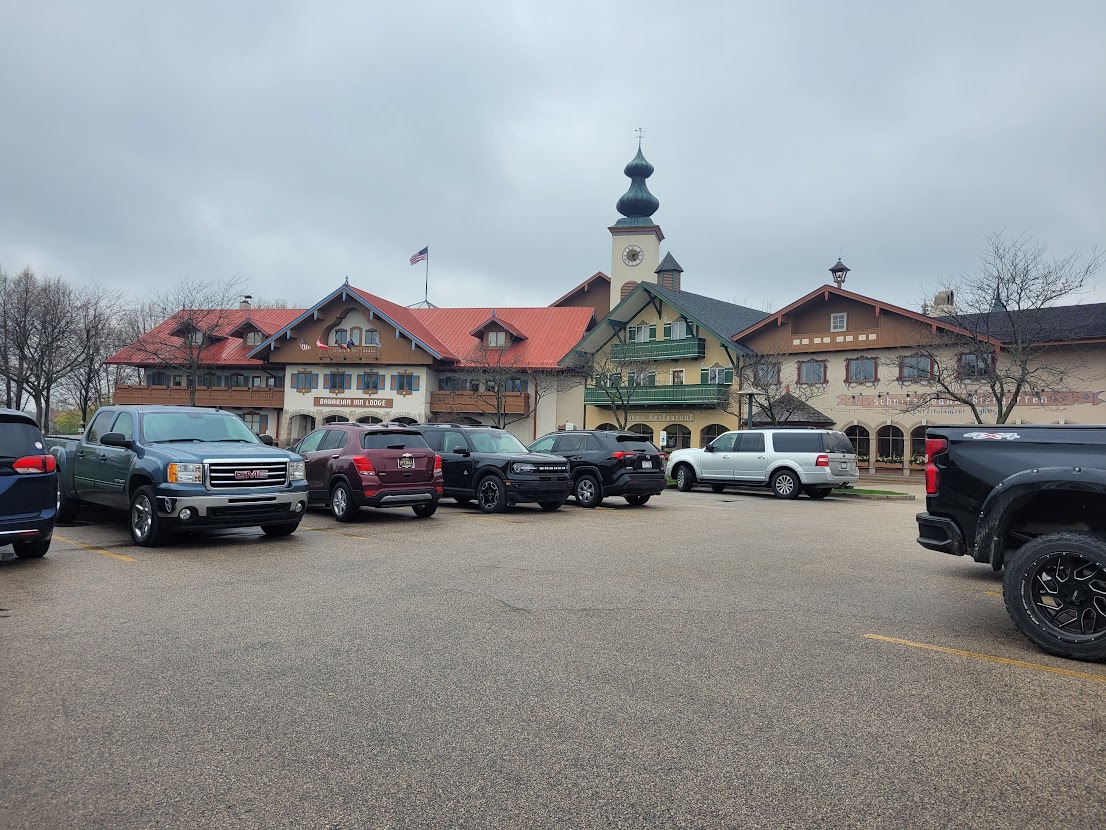Lincoln
Lincoln and Daniel Day-Lewis, who plays the title role, have been getting a lot of Oscar buzz. The acting in this film was superb; however, the film moves very, very slowly, and since it's about two and a half hours long, this is what can often kill a film. Although the story in Lincoln is one that is of utmost importance to our nation's history, and is one that should be retold to all generations, the languid pace at which the movie moves proved to be too slow for me.
The film opens in the third year of the Civil War, and we see both black and white soldiers milling about, talking to a very tall seated man, who turns out to be Lincoln (Day-Lewis, looking uncannily like Lincoln incarnate). The soldiers all quote his Gettysburg Address back to him, and the African-American soldiers tell him how they are paid less than their white counterparts. We then meet the characters of the White House, including Lincoln's wife, Mary Todd Lincoln (Sally Field); his adorable youngest son, Tad (Gulliver McGrath); and his oldest son, Robert (Joseph Gordon-Levitt), who comes back from university to spend time with them. Lincoln's current goal is to get the 13th Amendment ratified, which would give slaves their freedom, and the House of Representatives must approve this by a 2/3 vote in order for it to pass.
In the late 1800s, the Republicans and Democrats held opposite beliefs than they do today in 2012; Lincoln was a Republican, who were known for being more liberal, and the Democrats were known for being more conservative. Lincoln knows that he will have to convince many in the House to see his side of things, and his Secretary of State recruits some men to help change many Democrats' opinions; these men are played by John Hawkes and James Spader, among others, and bring some comic relief to the film as they try to sway Democrats to their side. At the same time, unbeknownst to the rest of the Republicans, Lincoln has sent Francis Blair (Hal Holbrook) to Virginia to see if he can negotiate some peace between the Union and the South (the Confederacy). When word breaks out about this, it leaves the Republicans unsettled, and may consider changing their minds regarding their Amendment votes.
My favorite characters in the movie besides Lincoln were actually James Spader's character (W.N. Bilbo) and Thaddeus Stevens (the Congressional leader), played by Tommy Lee Jones. Joseph Gordon-Levitt and Gulliver McGrath are great as Lincoln's sons, as well - one of my favorite scenes was a short one where McGrath's character is riding a tiny pony throughout the White House halls. Sally Field, too, will most certainly get an Oscar nomination for her role as Lincoln's wife. I never knew before this film that the President was such a storyteller, as well - there's one scene where Day-Lewis literally talks for fifteen minutes straight. It was also interesting to see how he and Mrs. Lincoln were still grieving the loss of their older son, who died from a disease he contracted in the war, but in public they had to put on a happy face and hide their grief.
Maybe see this film. I would give it 5 out of 5 stars for the acting, but 2 out of 5 for the story, because although it was definitely interesting - and true, which I usually like - the slowness of the film had me almost nodding off a few times throughout it. Most likely this movie is going to get outstanding reviews and be the "critics darling" of 2012 - it helps that the director is Steven Spielberg, too, I'm sure - but I make it a point to give honest reviews, and that is what you will get from me with this movie as well. If you can withstand very slow-paced movies, you might like Lincoln, but to me the great acting could not make up for the snail's pace at which the film crawls during its two and a half hour runtime.
Lincoln is in theaters today, November 16th, and is rated PG-13 with a runtime of 149 minutes. 2.5 stars out of 5.



